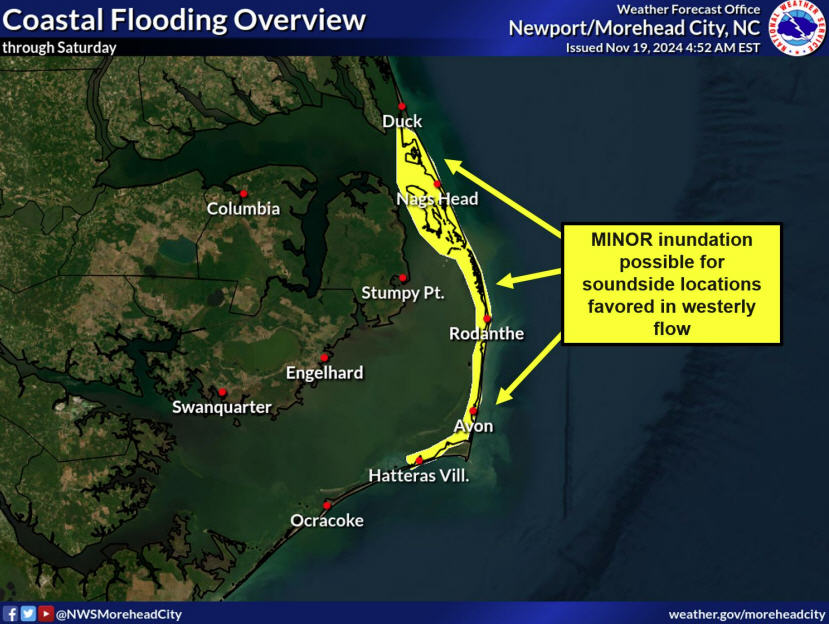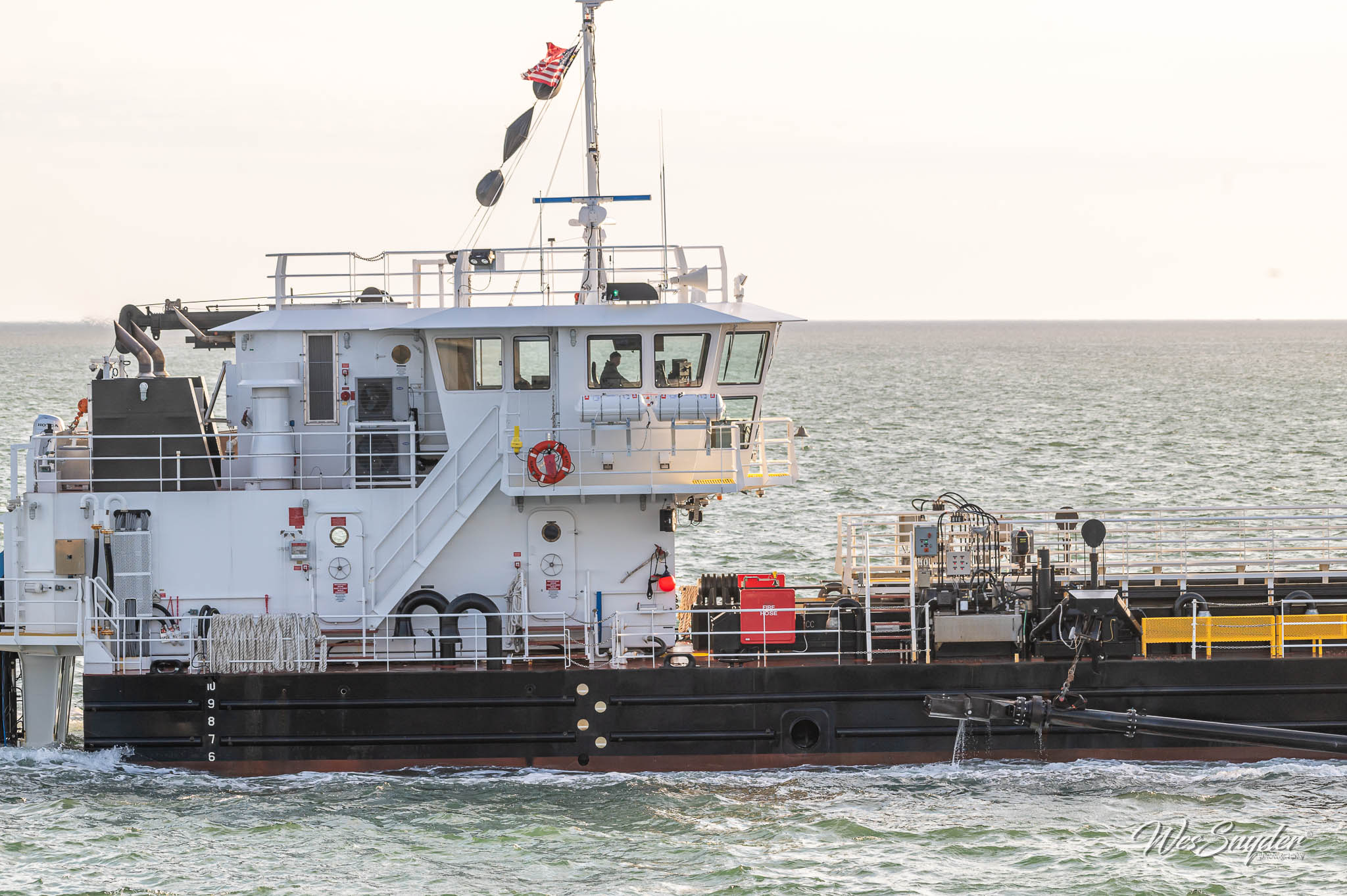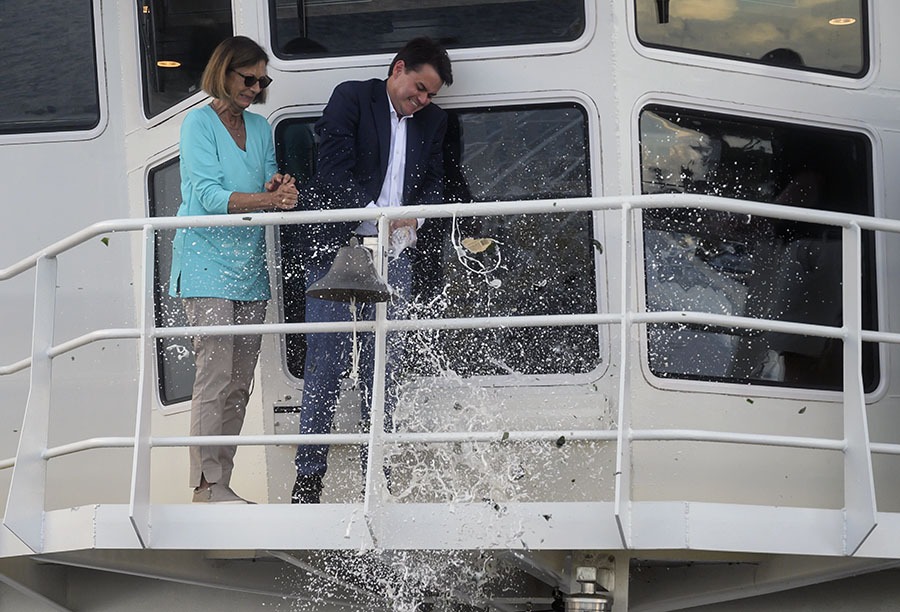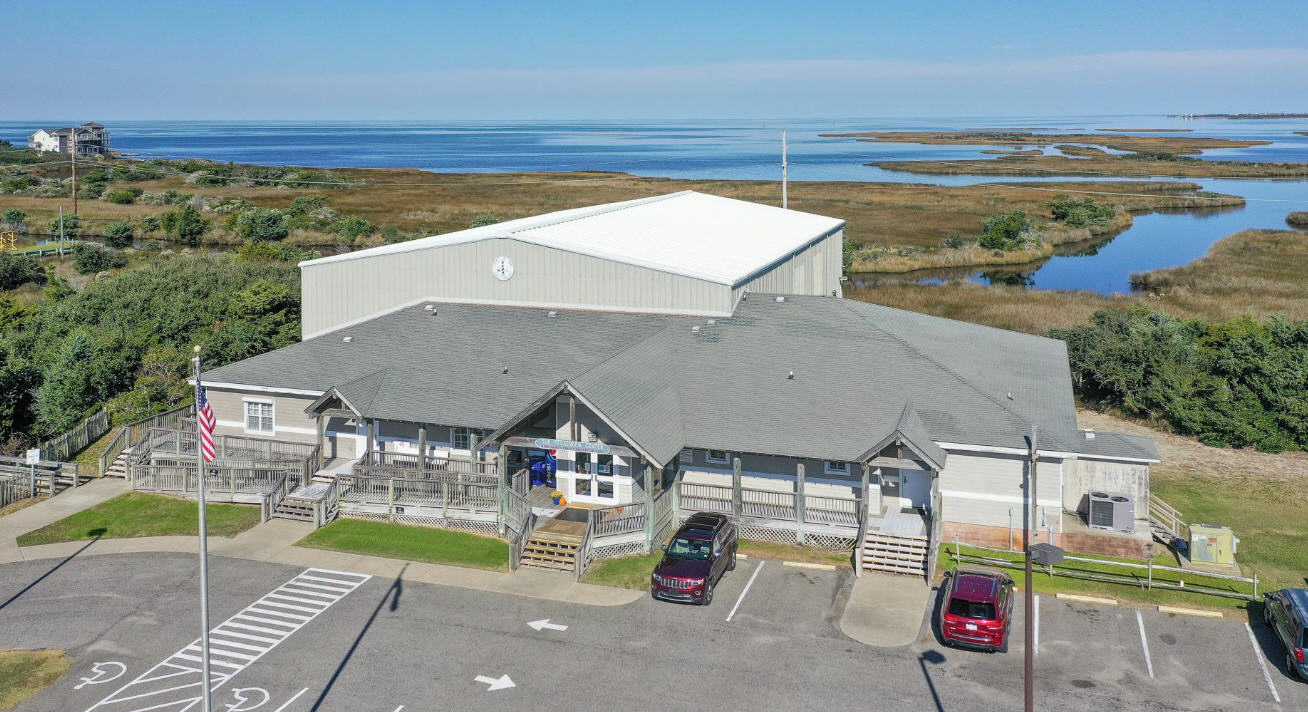Weather Service needs volunteer backyard weather observers
Weather Service needs volunteer backyard weather observers
By IRENE NOLAN
By IRENE NOLAN
By IRENE NOLAN
The National Weather Service in Newport, N.C., is looking for citizens to volunteer to measure precipitation and to serve as SKYWARN spotters.
“We are in need of new observers across the entire state and would like to emphasize rural locations and areas near the coast, especially on barrier islands,” says David Glenn, a meteorologist with the National Weather Service in Newport/Morehead City.
Volunteers to measure precipitation would be especially valuable during such storm events as hurricanes, when rainfall can vary greatly at different Outer Banks locations, the Weather Service says.
As part of its recruitment of Outer Banks volunteers, National Weather Service staffer John Cole will be training citizens for the SKYWARN Spotter Network and the introducing the Community Collaborative Rain, Hail and Snow Network on Thursday, March 24, from 5 to 7 p.m. The training will be held at the Rodanthe-Waves-Salvo Community Building, 23186 Myrna Peters Dr., Rodanthe, or milepost 39.5 in Rodanthe.
However, you do not have to attend this meeting to become a backyard weather volunteer.
Volunteers are needed for two programs.
SKYWARN spotters are essential information sources for the National Weather Service with the responsibility to identify and describe severe local storms. Observations by spotters helps the National Weather Service issue more timely and accurate warnings for tornadoes, severe thunderstorms, and flash floods and thus save lives.
The Community Collaborative, CoCoRaHS, is a volunteer network of backyard weather observers. People of all ages measure and map precipitation (rain, hail and snow) in communities across the United States. The data is used by a wide range of agencies and programs.
CoCoRaHS came about as a result of a devastating flash flood that hit Fort Collins, Colo., in July, 1997. A local severe thunderstorm dumped over a foot of rain in several hours on some parts of the city, while other portions of the city had only modest rainfall.
The ensuing flood caught many by surprise and caused $200 million in damages. CoCoRaHS was born in 1998 with the intent of doing a better job of mapping and reporting intense storms. As more volunteers participated, rain, hail, and snow maps were produced for every storm showing fascinating local patterns that were of great interest to scientists and the public.
North Carolina became the 21st state to establish the CoCoRaHS program in 2007, and by 2010, the CoCoRaHS network had reached all 50 states with 8,000 to 10,000 observations being reported each day. Through CoCoRaHS, thousands of volunteers, young and old, document the size, intensity, duration and patterns of rain, hail and snow by taking simple measurements in their own backyards.
Volunteers can obtain an official rain gauge through the CoCoRaHS website, http://www.cocorahs.org, for about $25 plus shipping. Besides the need for an official four- inch plastic rain gauge, volunteers are required to take a simple training module online and use the CoCoRaHS website to submit their reports. Observations are immediately available on maps and reports for the public to view.
The process takes only five minutes a day, but the impact to the community is tenfold. By providing high quality, accurate measurements, the observers are able to supplement existing networks and provide useful results to scientists, resource managers, decision-makers, and other users.
“North Carolina has the most complex climate in the eastern U.S.,” said Ryan Boyles, state climatologist and director of the State Climate Office, based at North Carolina State University. “Data gathered from CoCoRaHS volunteers can be very important in better understanding our climate.”
“An additional benefit of the program to the National Weather Service is the ability to receive timely reports of significant weather (hail, intense rainfall, localized flooding) from CoCoRaHS observers that can assist forecasters in issuing and verifying warnings for severe thunderstorms,” says meteorologist Glenn.
If you can’t attend the meeting in Rodanthe, go to the CoCoRaHS website and click on the “Join CoCoRaHS” emblem on the upper right side of the main website. After registering, take the simple online training, order your rain gauge, and start reporting!
The Rodanthe training session is sponsored by the Rodanthe-Waves-Salvo Civic Association, which will be providing a light supper. Please register for the training and dinner by e-mailing administrator@rwscivic.org or calling (252) 987-1303.
Subject
Name
(required, will not be published)
(required, will not be published)
City :
State :
Your Comments:
May be posted on the Letters to the Editor page at the discretion of the editor.
May be posted on the Letters to the Editor page at the discretion of the editor.
May be posted on the Letters to the Editor page at the discretion of the editor.
May be posted on the Letters to the Editor page at the discretion of the editor.











